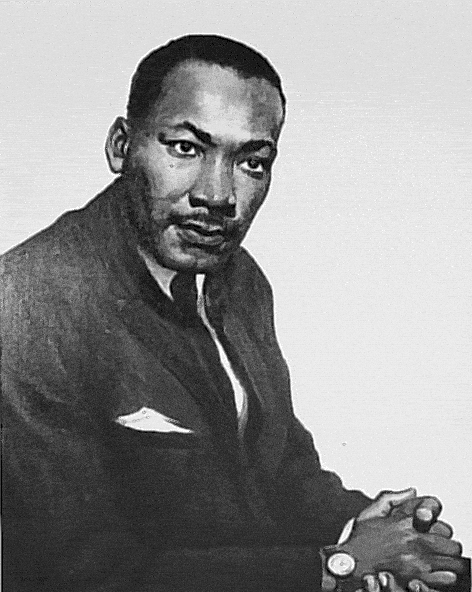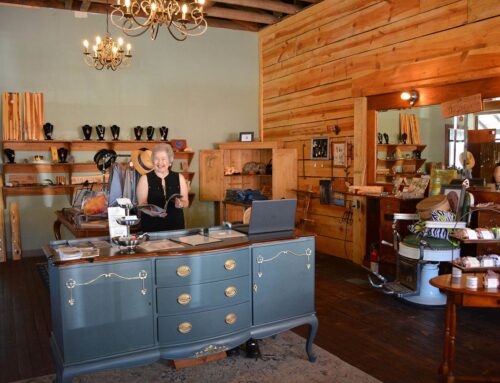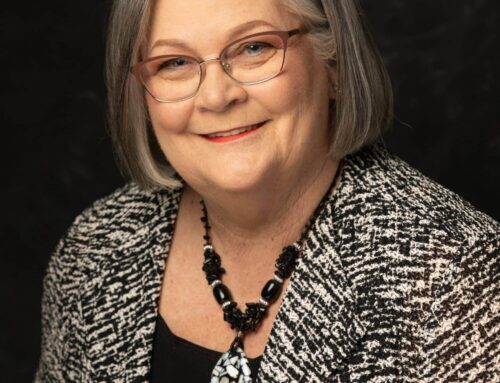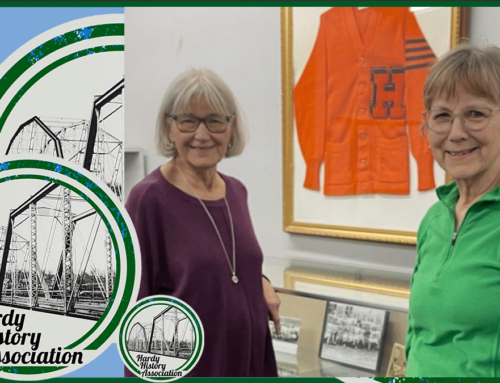Dr. Martin Luther King, Jr. was born Michael King on January 15, 1929 into a pastoring family. His grandfather had pastored the Ebenezer Baptist Church in Atlanta, Georgia, beginning in 1914 and continuing until 1931. His father, Michael King, took up the pastor position and continued throughout Dr. King’s lifetime with Dr. King joining him as co-pastor until his own death.
In 1934, Michael King, Sr., was sent by his church to the Baptist World Alliance meeting in Europe where he saw the negative treatment Adolph Hitler’s influence was beginning to establish against certain minority groups. Professor A. T. Ohrn of Norway wrote and The Baptist World Fifth Congress, Berlin, released as part of their resolutions: “This Congress deplores and condemns as a violation of the law of God the Heavenly Father, all racial animosity, and every form of oppression or unfair discrimination toward the Jews, toward coloured people, or toward subject races in any part of the world.”
King, Sr., was impressed by the history of Martin Luther and the Protestant Reformation which had led to branching away from the Catholic Church. These experiences, and the admiration he had developed for Martin Luther, led him upon his return to the United States to change both his name and Michael, Jr.’s, to Martin Luther King.
The Younger King
Martin Luther King, Jr., graduated from high school at the age of 15. He went on to receive his BA in 1948 from Morehouse College then spent 3 years at Crozer Theological Seminary in Pennsylvania where he was well liked enough to be voted senior class president by chiefly white fellow students.
He received his BD in 1951. While on a Crozer fellowship in Boston where he earned his doctorate, he met and married Coretta Scott. In 1954, he pastored Dexter Avenue Baptist Church in Montgomery, Alabama. Using the principles of peace Mahatma Ghandi preached, he embarked on a non-violet quest for civil rights for blacks. He was instrumental in the bus boycott that lasted 382 days which influenced the Supreme Court decision in 1956 ending segregation on buses. During this boycott and throughout the remainder of his life, King endured arrests, personal losses, setbacks and assaults, but he continued non-violently and earned the respect of many in positions of power and influence.
He was Time Magazines “Man of the Year” in 1963. He travelled extensively spreading his message. He spoke more than 2,500 times. He planned voter registration drives in Alabama, spoke with President Kennedy about issues, campaigned for Lyndon B. Johnson, and delivered the famous “I Have a Dream” speech in Washington, DC, before a crowd of some 250,000 attendees at a peaceful march which he had organized.
In 1964, Martin Luther King, Jr., PhD, became the youngest man ever (at 35) to receive the Nobel Peace Prize “for his non-violent struggle for civil rights for the Afro-American population.” He earmarked the accompanying $54,123 monetary award to fund civil right efforts.
Dr. King had come to Memphis, Tennessee, to march with striking garbage workers when he was assassinated on April 4, 1968 while standing on his hotel room balcony. It was a tragic end to a brilliant career.






